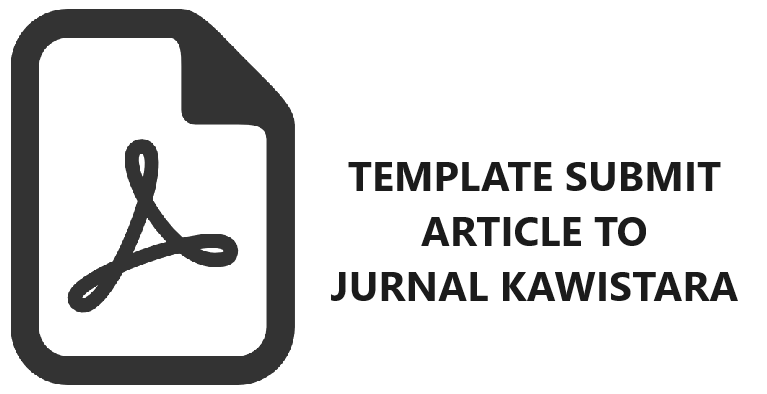BUDAYA NASIONAL DI TENGAH PASAR: KONSTRUKSI, DEKONSTRUKSI, DAN REKONSTRUKSI
Ikwan Setiawan(1*)
(1) Jurusan Sastra Inggris Universitas Jember Jawa Timur
(*) Corresponding Author
Abstract
In the Reformation period, the state regime still mobilizes traditional-ideal values as national culture
without giving conceptual and operational explanations. In this article, I combine two approaches,
cultural studies and postcolonial studies, for reading national culture as represented in some President
Soesilo Bambang Yudhoyono’s presidential speeches. I will analyze ideal-but-ambivalent constructions
of national culture in regime’s perspective as represented in those speeches, particularly, in the context
of continuous of national culture in regime’s perspective in those speeches, particularly, in the context of
the government’s continuous mobilization of traditional meanings as the invisible power for Indonesian
people, while, at the same time,placing emphasis on economic progress.Instead of a strategic cultural
construction, national culture produces its own deconstruction and fails to be discursive formation.
Further, I argue that the regime operates their governmentality by reconstructing newer national
culture based on market economics as discursive constructions, which ideally can provide conceptual
and material basis for state regime in conducting governance and for citizens in achieving welfare in
neoliberal formation.
without giving conceptual and operational explanations. In this article, I combine two approaches,
cultural studies and postcolonial studies, for reading national culture as represented in some President
Soesilo Bambang Yudhoyono’s presidential speeches. I will analyze ideal-but-ambivalent constructions
of national culture in regime’s perspective as represented in those speeches, particularly, in the context
of continuous of national culture in regime’s perspective in those speeches, particularly, in the context of
the government’s continuous mobilization of traditional meanings as the invisible power for Indonesian
people, while, at the same time,placing emphasis on economic progress.Instead of a strategic cultural
construction, national culture produces its own deconstruction and fails to be discursive formation.
Further, I argue that the regime operates their governmentality by reconstructing newer national
culture based on market economics as discursive constructions, which ideally can provide conceptual
and material basis for state regime in conducting governance and for citizens in achieving welfare in
neoliberal formation.
Keywords
National Culture, Regime’s Perspective, Construction, Deconstruction, Reconstruction, Neoliberalism.
Full Text:
PDFArticle Metrics
Refbacks
- There are currently no refbacks.
Copyright (c)
Jurnal Kawistara is published by the Graduate School, Universitas Gadjah Mada.











